A bassist’s guide to Chuck Rainey
We celebrate the Steely Dan and Quincy Jones collaborator
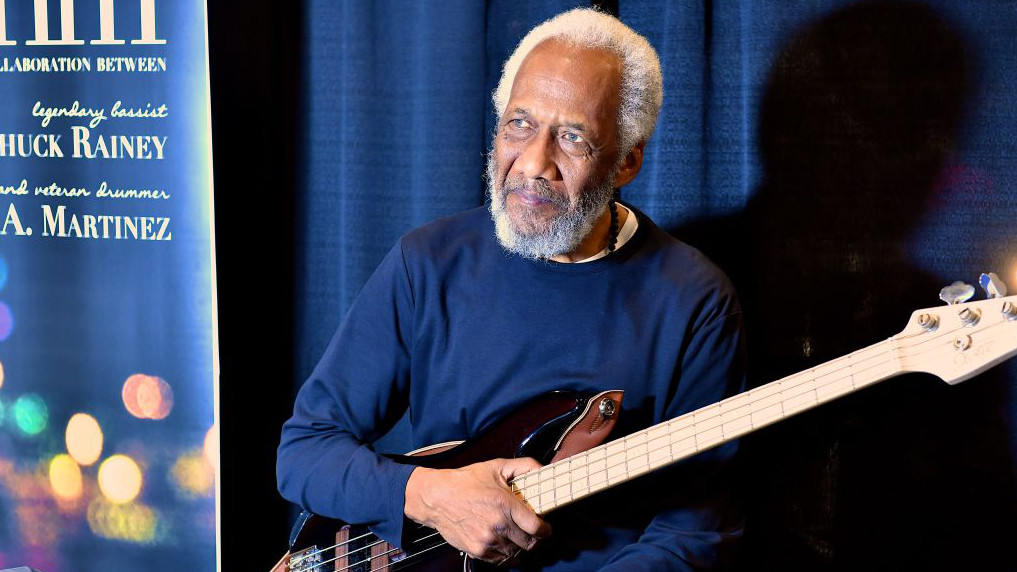
Want all the hottest music and gear news, reviews, deals, features and more, direct to your inbox? Sign up here.
You are now subscribed
Your newsletter sign-up was successful
Each month we celebrate the great - and rather less great! - work of an acclaimed bass player. This month: Mr Chuck Rainey.
Charles Walter Rainey III - better known as Chuck - is a bassist whose locked-in style has given him a five-decade career. Born on 17 June 1940, Rainey had dalliances with various instruments in school, moving on to rhythm guitar and finally bass.
His affinity with the low end began when, as part of the King Curtis All-Stars, he supported the Beatles on their second US stint in 1965. His website sets out his view that the bassist is ‘like the supporting actor of a successful film’, there to allow the lead actor to shine.
That attitude made him one of New York City and then LA’s most sought-after sessionists; he has worked with a vast number of top names, from Quincy Jones to Steely Dan, Minnie Riperton, Ry Cooder, Marvin Gaye and Dusty Springfield. His work can also be found across numerous TV shows, ads and movie soundtracks.
He hosts educational videos and writes textbooks that are widely fêted by huge numbers of upcoming bassists. He’s too modest for his own good - no mere sideman, Chuck is one of the most talented bassists of all time, having appeared on literally thousands of songs and albums over the years.
Must-have album
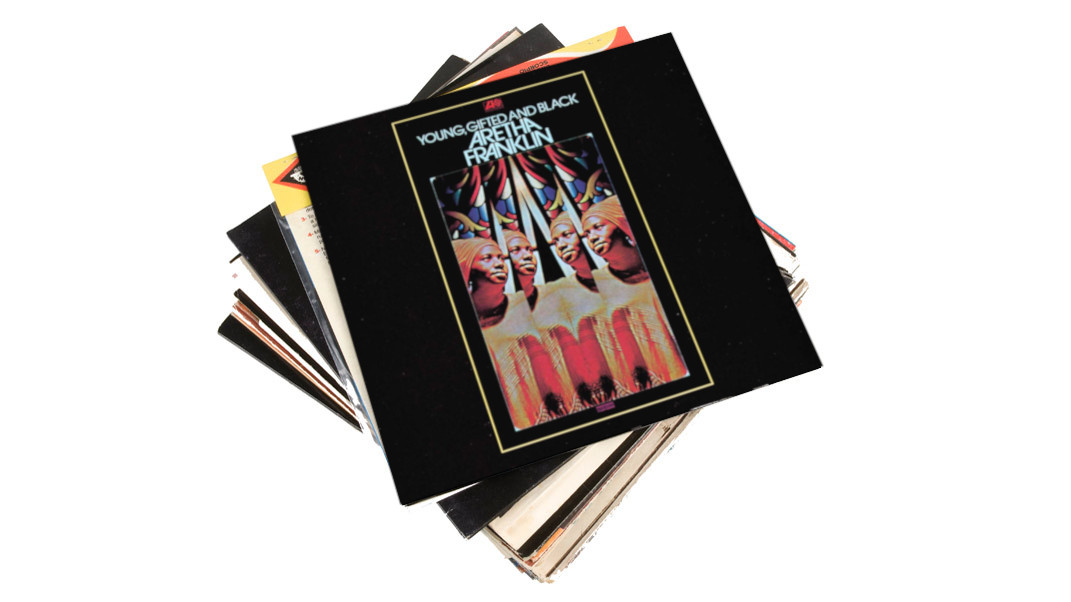
Aretha Franklin - Young, Gifted And Black (1972)
Chuck’s blond 1957 Precision, sometimes noted as being a 1961 model, served him well in the Sixties and Seventies, backed up by Lake Placid Blue and Sunburst P-Basses, both 1962 models.
Want all the hottest music and gear news, reviews, deals, features and more, direct to your inbox? Sign up here.
His tone is perfect here, possibly DI-d into the desk; the lines are exuberant, not least on Rock Steady, where amidst the classic soul/funk pentatonics he heads way up the neck for the turnaround of the riff.
Flatwounds and fat sounds: it’s timbrally perfect, and the cross-string energy of the title track’s bass-line is fabulous as he again plays with the entire fretboard. Rainey would go on to use roundwounds from Smith and D’Addario, endorse LaBella Strings, and play a variety of different basses including models by Ken Smith, Warwick and Peavey, as well as a his custom Xotic CPJ-1T and, occasionally a Spector Euro 6.
In all cases, his old-school tone is central to the richness of the low end that he provides, and foundational to the sound of the album as a whole; his trusty Ampeg B-15 is a warhorse, and a Genz Benz ShuttleMAX 12.0 through Uber cabs is a later addition to the gear list.
Worthy contender
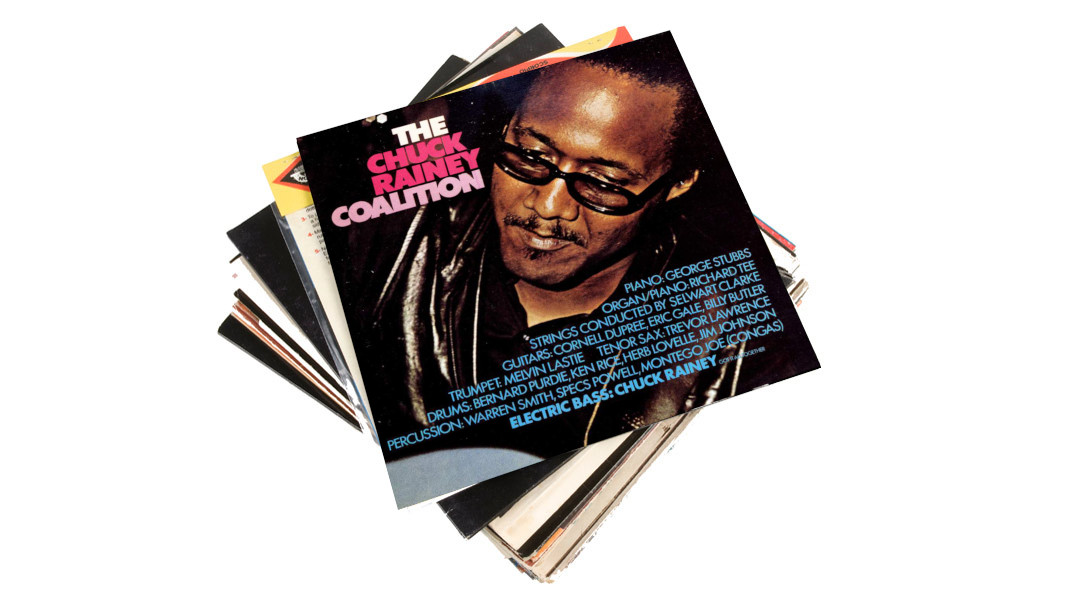
The Chuck Rainey Coalition - S/T (1968)
This stone-cold classic R&B/jazz LP is an unparalleled insight into the talent of Atlantic Records’ in-house musicians at the time. Cornell Dupree, Eric Gale and Billy Butler provide melodic guitars over Rainey’s sublime, slurry groove, and the bassist comes right to the fore with an effervescent lead line on Harlem Nocturne.
Rainey’s blasting, funky Theme From Peter Gunn is on the button, and Eloise (First Love) is catchy and lithe. Coming in at just over the half hour, this album isn’t about spacey, funkadelic jamming, but the sheer quality of the musicianship on show is invigorating.
Rainey’s solo output is easy to overlook amid his enormous back catalogue, but the sound of the man himself, raw and in full control, is well worth your time. It was put out again on Skye in 1972, which is the better-known release.
Cool grooves
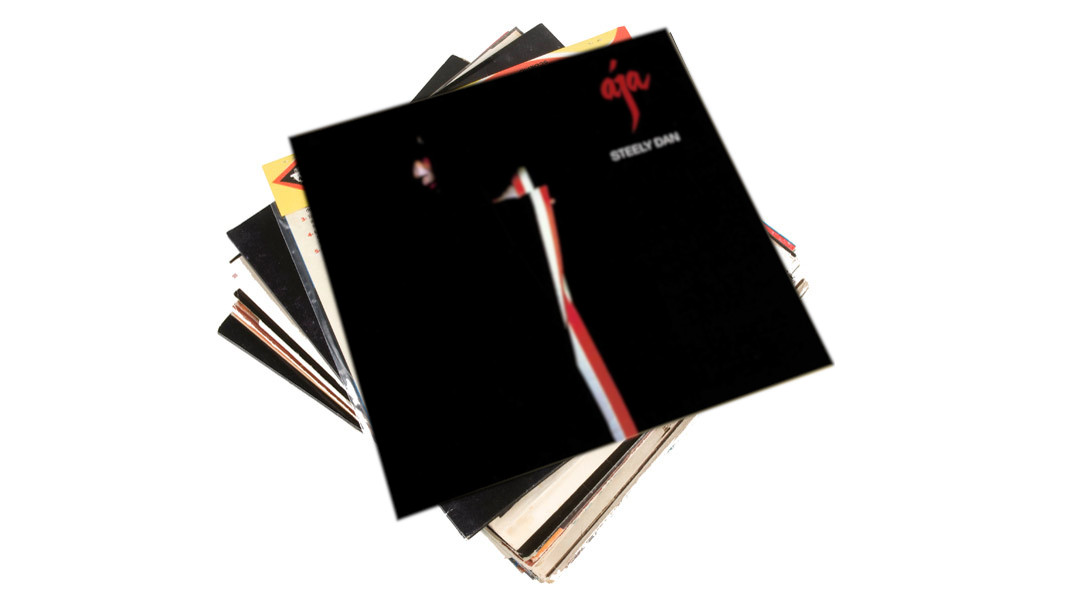
Steely Dan - Aja (1977)
During the sessions for Aja, the rest of the Dan warned Rainey to stay away from slap bass. Chuck agreed, but when the time came to record Peg he hid his instrument from view and slapped the chorus anyway.
The song was way better for it, troubling the Top 40. With its double- stops, pentatonic fills and sympathetic melodicism, it’s a classic Rainey line. Aja’s title track has some of Rainey’s loveliest interjections and tightest root-notes, plus a fabulous, polyrhythmic instrumental held down over Steve Gadd’s astonishing drumming.
By contrast, Josie is straightforward jazz-funk, but check out the octave grooves and double- stopping on the second chorus. There’s loads going on bass- wise, but not a note of it is out of place - and on ‘I Got The News’ Rainey is in musical conversation with the piano lick.
Wild card
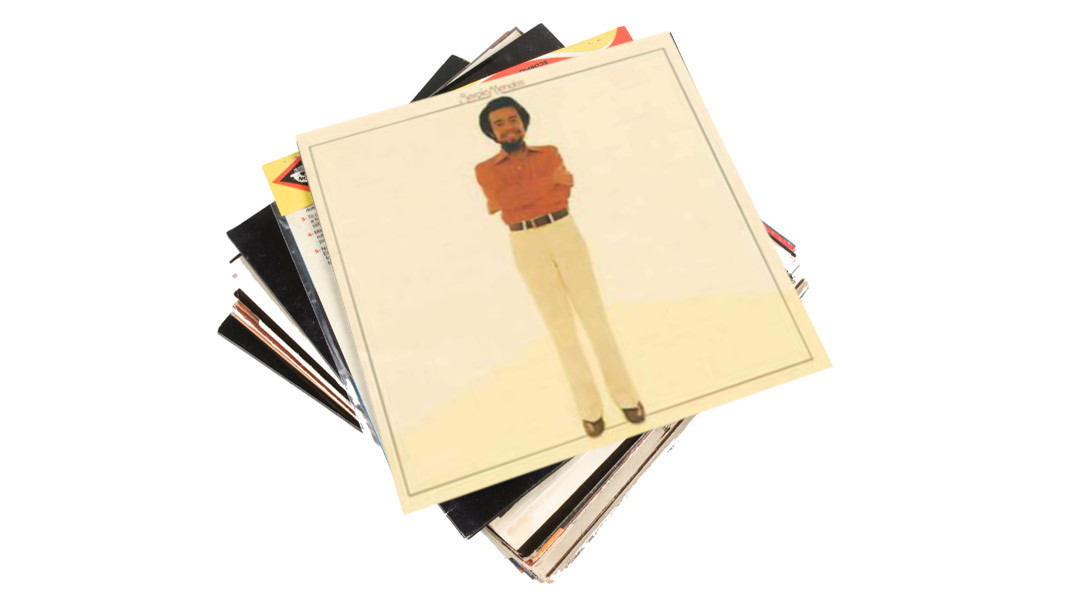
Sergio Mendes - S/T (1975)
Flexibility is key to success as a sideman, and Rainey is as versatile as any of his peers. His skill for ghosted notes, octaves and fills can go unnoticed because of the absolute solidity of the playing, but here he has unreasonable amounts of fun on a bossanova piece of classic kitsch. Check out those sweet sevenths and IV-Vs on the intro to Davy, before a truly groovy, half-note line in the song proper rises, falls and smiles.
Best track on here is the cover of Here Comes The Sun, with Rainey alternating between doubling that McCartney line and joyous funky syncopation. He keeps it sweet and simple on the final track, The Trouble With Hello Is Goodbye, and after his restraint allows the wistful vocal to soar, Rainey’s high-register coda is beautiful. Elsewhere, long stretches of the LP demand a root-fifth pulse, and if there’s one player you want to hold that down, it’s Chuck Rainey.
Avoid at all costs
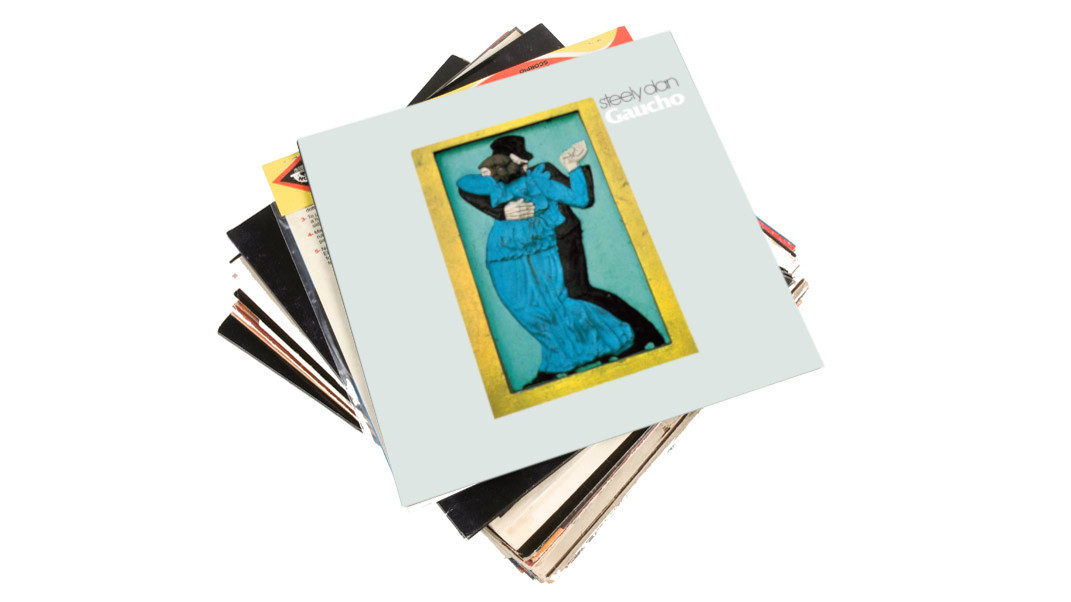
Steely Dan - Gaucho (1980)
Bands, like boxers, often stay on for one fight too many. After Gaucho, Steely Dan retired for two decades. Punch- drunk and addled, Gaucho didn’t come out until three years after Aja. Sessions were fraught with issues in and out of the studio. Walter Becker spent six months in hospital after being hit by a car, and spending $150,000 on a bespoke, unwieldy-to-program drum machine in 1978 was hardly a stellar idea.
Musicians came and went - 42, by some accounts. Chuck shared bass duties with Becker, and his contributions were restricted to the two tracks bookending the LP. Opener Babylon Sisters is a curious hybrid of proto-80s sonics, sweet- as Rhodes, iThrees-esque backing vox and on-the-nose root notes from Chuck. But the song plods; it’s an indulgent mess. And it’s all downhill from there. By the time Third World Man yawns its way around, everyone just sounds bored.

